David Forniès: “Stateless peoples continue to suffer the negation of rights, discrimination and even violence”
CIEMEN works to raise awareness and promote the Catalan national reality in the world, to spread knowledge about stateless peoples and also to defend their rights.
David Forniès is head of Knowledge at CIEMEN (Escarré International Centre for Ethnic Minorities and Nations), a Catalan organisation which promotes awareness of stateless nations and people and their diversity worldwide.
A journalist specialised in international information in the area of the Mediterranean, the Near East and Europe, he also coordinates the digital newspaper Nationalia and contributes articles on international information for Crític. In this interview, he explains the day-to-day running of CIEMEN, the tasks undertaken by the organisation, the role of volunteering and future plans for the centre.
What is CIEMEN’s mission?
CIEMEN was conceived in 1974 in the light of the widespread ignorance, and even scorn, of minority or stateless populations, as in the case of Catalan people and many others around the world. From the word go, CIEMEN’s objective was to work on 3 fronts: to spread awareness about the reality of these communities, to work for their collective rights and to cooperate with them.
Which organisations do you work with and what support do you give them?
We have worked with dozens of formal organisations and non-formal groups over the years in Europe, America, Asia and Africa. If we are just talking about the cooperation project which we are focused on right now, our task is to support the Yazidi people, an ethno-religious group who speak Kurdish and have been victims of genocide by Islamic State, and some of whom have had to seek refuge in Turkey. We are carrying out this project with the cooperation of several organisations in Turkey, despite heavy restrictions in the country. Our work consists of offering the Yazidi people legal support focused on their status as refugees and their right to health services and political and legal actions.
What is the state of ethnic minorities around the world?
It is still necessary, as it always has been, to provide support and legal action. The situation varies a lot depending on the country. In some places there are encouraging processes. This is the case in the recognition of collective rights and the right to autonomy for indigenous people in countries like Bolivia. Also the fact of being able to hold a referendum and freely decide the future of a country in nations like Quebec, Scotland and Montenegro. Despite this, unfortunately, these dynamics are still in the minority and are still weak where they take place. Stateless peoples continue to suffer negation of rights, discrimination, and worse than this, occupation, violence and in the most extreme cases, massacre.
What does CIEMEN propose to resolve the discrimination they suffer?
Answers must be looked at case by case. In general, however, there are several aspects that are universal. Greater democracy, more knowledge and recognition of their realities, not only by States but by society. Also, more rights and protection by international institutions and acceptance of equal rights and dignity for all languages and cultures. The list is nearly endless.
Do you collaborate with international projects?
Of course. Some are focused on the defence of linguistic diversity and the rights of speakers of all languages – including minorities – as in the case of the Protocol to Ensure Language Rights, which we were proud to present in San Sebastian in December 2016. In the linguistic section, we are also members and founders of the Mercator Network for Linguistic Diversity and the European Language Equality Network (ELEN).
Are volunteers part of your organisation? Who works with you?
Yes, although not as much as we would like. Volunteers are usually young people who are interested in international charity or policy work.
Which area do volunteers normally work in?
They mostly perform support tasks in matters related to knowledge, for example, helping to organize the CIEMEN Summer School or writing articles for our digital publication Nationalia.cat, as well as helping with cooperation issues.
How do you finance yourselves?
Our main support is through grants from the Public Administrations of Catalunya (local, supramunicipal and national) and some private grants. In the case of support for the project supporting the Yazidi people, we have to thank the Barcelona Bar Association. We complement this with money from associates and some donations, the sale of some services and products and, in previous years, with European-wide grants.
How would you like to see yourselves in ten years’ time?
Having contributed, in our modest way, to improving the situation of some minority communities and continuing to help to raise awareness of their realities.
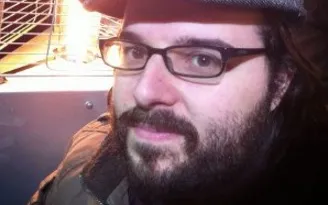
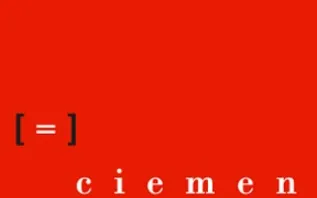

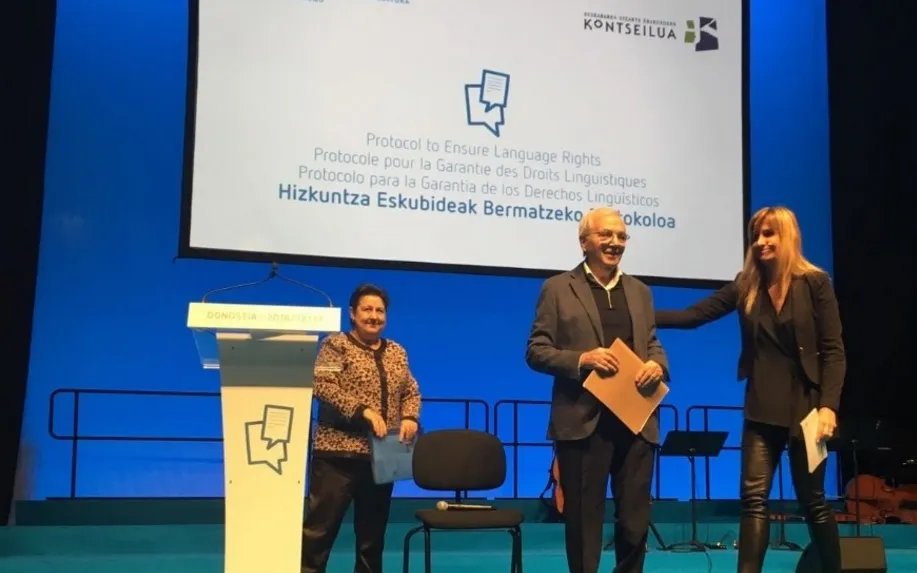
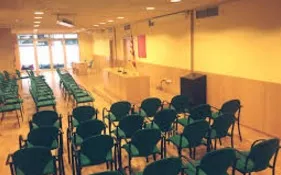
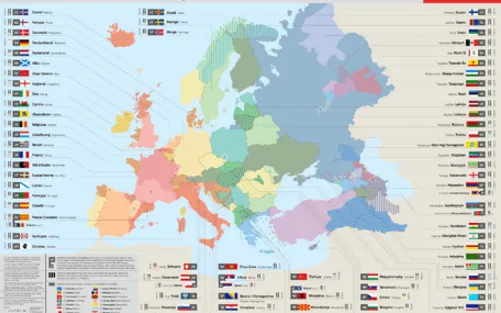





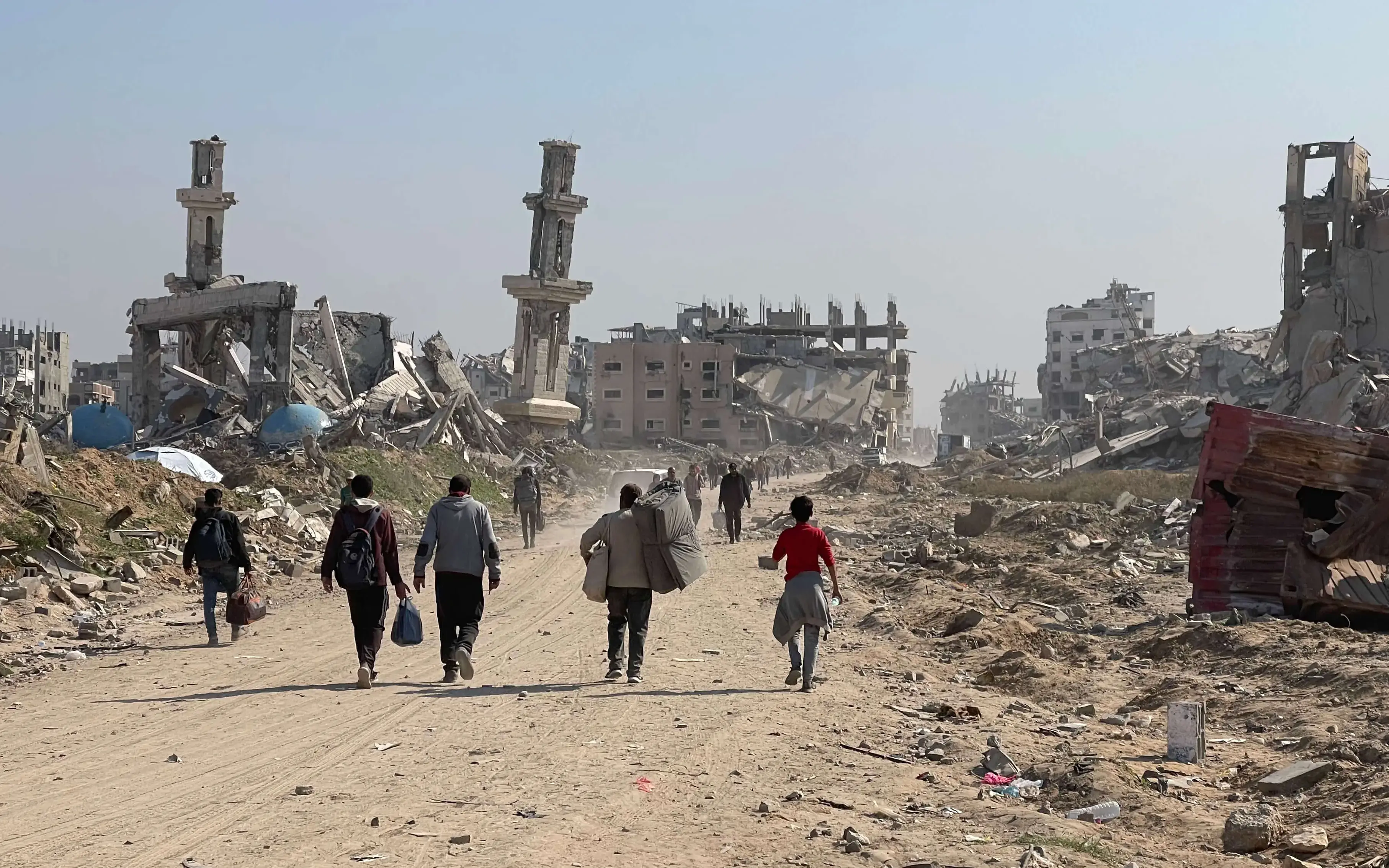
Add new comment